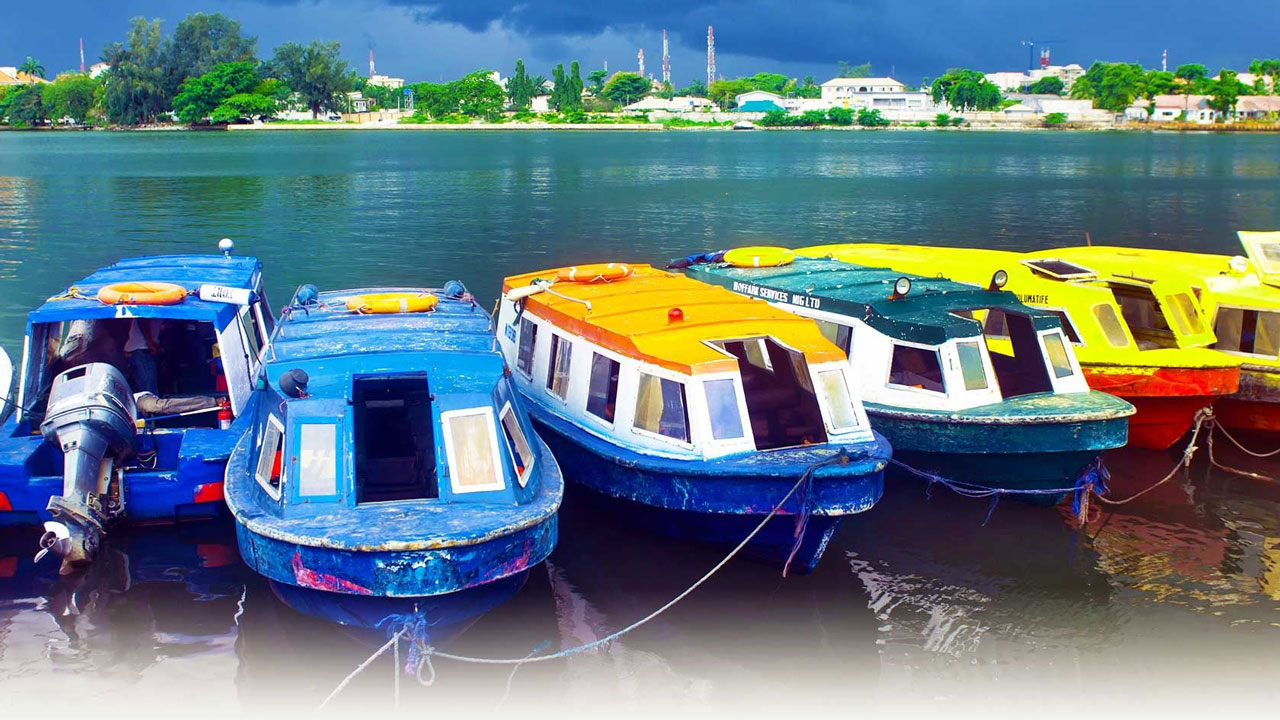News
Nigeria to begin boat manufacturing

The Nigerian government has announced plans to begin domestic boat production as part of efforts to improve water transport safety and gradually eliminate the use of substandard wooden vessels.
Pius Akutah, Executive Secretary of the Nigerian Shippers Council (NSC), made this known during an interview in Abuja.
He stated that the Ministry of Marine and Blue Economy, in collaboration with the Nigerian Inland Waterways Authority (NIWA), is actively working to reduce accidents on the nation’s inland waterways.
According to Akutah, “the minister is looking at a new way of making boats in Nigeria so that we can phase out all these rickety wooden boats that are very easy to capsize.”
“You see the kinds of boats that are being put to use on our waters are not even boats that somebody should even put on the water,” he said. “Because we have not properly professionalised boat making in Nigeria, that is why today we are still using wooden boats.”
He added that neighbouring countries, despite being smaller, have advanced in boat fabrication and have established professional standards.
“But all of these are in the master plan, the blueprint that the Minister of Marine and Blue Economy has just inaugurated recently, and plans are there to fabricate proper boats with the right specifications,” Akutah explained.
He also noted that the ministry, under Mr Adegboyega Oyetola, is leveraging the expertise of its personnel to drive reforms that would significantly improve safety in the marine transport sector.
Akutah expressed confidence that, with the recently launched marine and blue economy policy, tangible progress would be seen within a year, especially regarding accident prevention on waterways.
In addition, he commended the federal government’s ongoing distribution of life jackets to states and encouraged boat users to wear them at all times for safety. He further advocated for the creation of a coastal guard to assist with safe navigation, particularly at night.
Beyond marine transport, Akutah emphasized the Council’s broader role in enhancing transportation infrastructure, particularly through the development of vehicle transit parks in the hinterlands.
“Vehicle transit parks are one of our mandates and we are also promoting the development of inland dry ports to bring porting facilities or ports facilities closer to the shippers at their doorstep in the hinterlands,” he said.
He revealed that a study by the Council linked many road accidents to driver fatigue caused by a lack of rest areas. “Drivers driving for several hours without stopping to rest because of non-availability of parks along the way and there’s an African Charter on movement of vehicles on roads. It limits the time within which a driver can continuously be on the road, which is seven hours but unfortunately, you will see that that has not been implemented over the years,” he said.
Akutah added that the goal of developing transit parks is not only to support transportation infrastructure but also to ensure cargo security and reduce accidents. These parks, he said, would provide a secure environment for drivers to rest and engage in economic activities.























